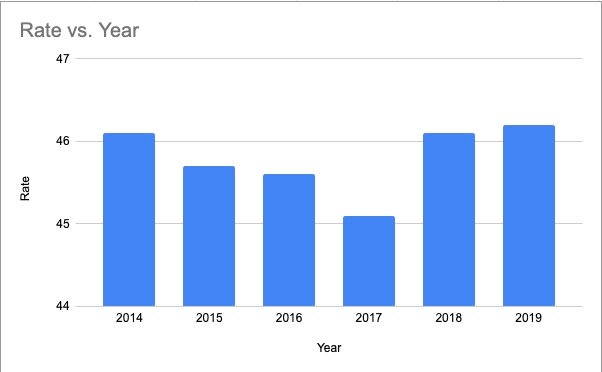Why is dental care for people with special needs important?
Special Needs Basic Care (SNBC) is a Minnesota Health Care Program (MHCP) health insurance for people with disabilities. People with disabilities have a greater risk of tooth decay because many common medications increase the risk of tooth decay, however less than half of Special Needs Basic Care (SNBC) members currently see a dentist at least once a year. Because of their disabilities, these members may require extra supports at a dental office, and dental providers who are unfamiliar with the needs of this population may be reluctant to see them.
What are we doing?
HealthPartners is working with the MN Department of Human Services (DHS) and other SNBC health plans to find ways to increase opportunities for dentists to deliver care to people with disabilities. And we are working with our members to help them get the care they need.
What are we doing with members?
SNBC members have the opportunity to work with a Care Coordinator to help them access services and support them to meet their needs. Any member who hasn’t seen a dentist in the last year gets a call or letter from the Care Coordinator encouraging them to go to the dentist. We offer to help them find a dentist if they don’t already have one they usually see, and help them with transportation if needed.
If a member goes to the ER with a dental issue, the Care Coordinator calls the member to see if they still need to be seen by a dentist and helps them to schedule an appointment if needed. The level of help provided depends on the wishes of the member.
How are we working with others?
Care Coordinators asked for information to better understand how important dental health is to overall health. HealthPartners worked with the other SNBC health plans in Minnesota to create trainings to address this need.
- One of our health plan dentists explained how they could share this information with members, and we made sure Care Coordinators know how to use the dental resources the plans have to offer.
- The health plans created a Minnesota Health Care Program (MHCP) Dental Services grid for clinics with information about benefits, transportation and incentives by health plan. We created a training to share this resource with care coordinators and dental clinics.
- We worked with the DHS Direct Care and Treatment Dental Clinics (DCT-DC) to understand the eligibility for their services and created a decision tree to assist care coordinators to make better referrals. We shared this tool via webinar trainings with Care Coordinators.
There is a group of dentists who are experts working with people with disabilities who are consulting with this project to identify how to encourage more dentists to see people with special needs. HealthPartners hired an intern to interview these experts and we are using what we learned to create trainings and identify other opportunities to collaborate. We created a Special Needs Dental Care Provider Toolkit using what we learned from that expert panel to help dentists feel more comfortable providing dental care to patients with special health care needs.
What challenges do we face?
SNBC members may need extra support or services because of their special healthcare needs which may be intimidating to a dentist who is not used to providing that level of care. Also, many dentists say that the state does not pay enough to provide the level of care needed for members on MHCP. Some areas of the state don’t have many dentists that take MHCP insurance so it is hard to find a dentist close to home.
Many members report that they had a bad experience in the past with a dentist which makes them feel afraid to try again. They also say they have other priorities that are more important than going to the dentist. We also know that many people need dental care that is not covered by the SNBC insurance and can’t afford to pay for it themselves.
Results
From the beginning of the project in 2017, the rate of SNBC members in Minnesota who had one or more dental visit in the year increased from 45.10% to 46.20%.

In addition, fewer members went to the ED for dental care.
| Year | Program | N | D | Rate % |
|---|---|---|---|---|
| 2017 | ProgramSNBC | N729 | D45,104 | Rate %1.60% |
| 2018 | ProgramSNBC | N649 | D47,162 | Rate %1.40% |
| 2019 | ProgramSNBC | N625 | D47,630 | Rate %1.360% |
Ongoing Work
HealthPartners will continue to work with DHS and the other health plans to provide training to dentists and encourage them to see people with disabilities in their practice. We will continue to work with our care coordinators to reduce barriers people with disabilities experience to seeing a dentist.